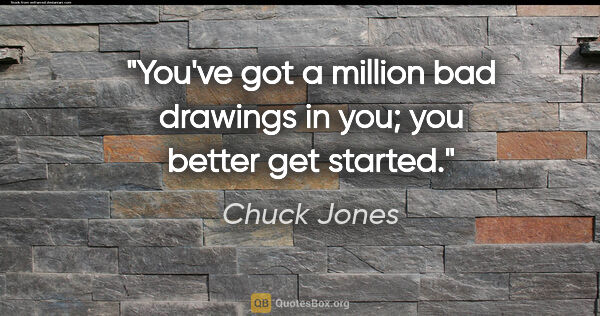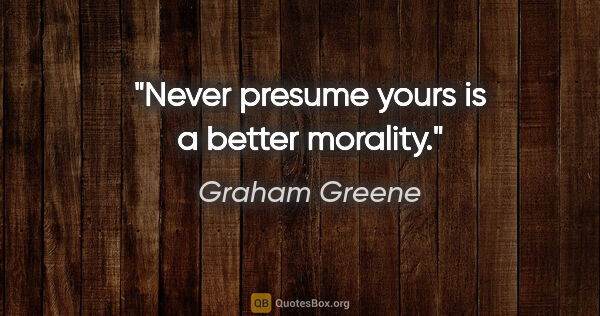Betterment Quotes (page 57)
We remain a young nation, but in the words of Scripture, the time has come to set aside childish things. The time has come to reaffirm our enduring spirit; to choose our better history; to carry forward that precious gift, that noble idea, passed on from generation to generation: the God-given promise that all are equal, all are free, and all deserve a chance to pursue their full measure of happiness.
Barack Obama


Happiness is always a by-product. It is probably a matter of temperament, and for anything I know it may be glandular. But it is not something that can be demanded from life, and if you are not happy you had better stop worrying about it and see what treasures you can pluck from your own brand of unhappiness.
Robertson Davies
Long ago I yearned to be a hero without knowing, in truth, what a hero was. Now, perhaps, I understand it a little better. A grower of turnips or a shaper of clay, a Commot farmer or a king--every man is a hero if he strives more for others than for himself alone. Once you told me that the seeking counts more than the finding. So, too, must the striving count more than the gain.
Lloyd Alexander
Take an old man's word; there's nothing worse than a muddle in all the world. It is easy to face Death and Fate, and the things that sound so dreadful. It is on my muddles that I look back with horror - on the things that I might have avoided. We can help one another but little. I used to think I could teach young people the whole of life, but I know better now, and all my teaching of George has come down to this: beware of muddle.
E. M. Forster
War is an ugly thing, but not the ugliest of things; the decayed and degraded state of moral and patriotic feeling which thinks nothing worth a war, is worse. A man who has nothing which he cares more about than he does about his personal safety is a miserable creature who has no chance at being free, unless made and kept so by the exertions of better men than himself.
John Stuart Mill
He had a better mind and a more rigorous temperament than me; he thought logically, and then acted on the conclusion of logical thought. Whereas most of us, I suspect, do the opposite: we make an instinctive decision, then build up an infrastructure of reasoning to justify it. And call the result common sense.
Julian Barnes

